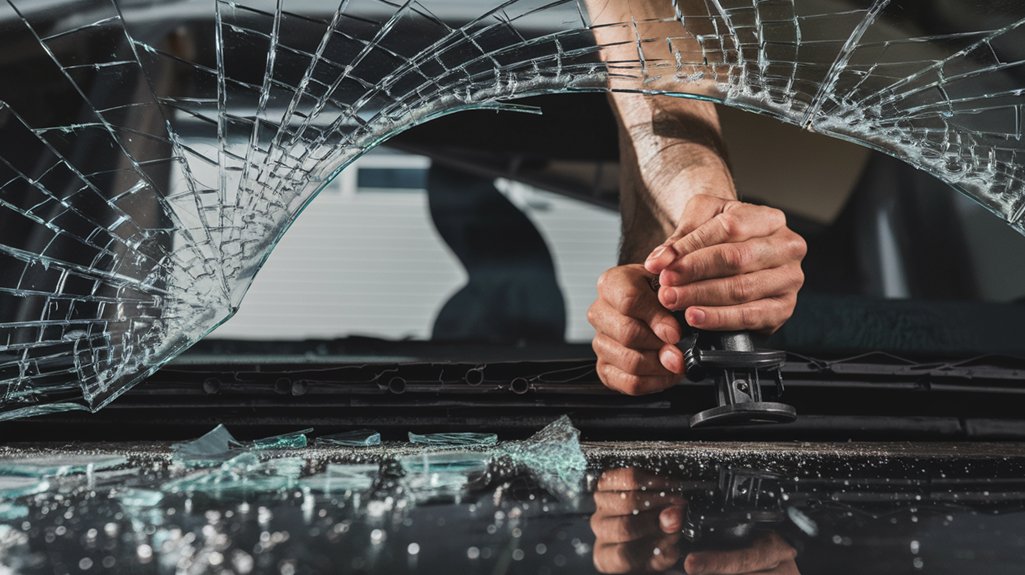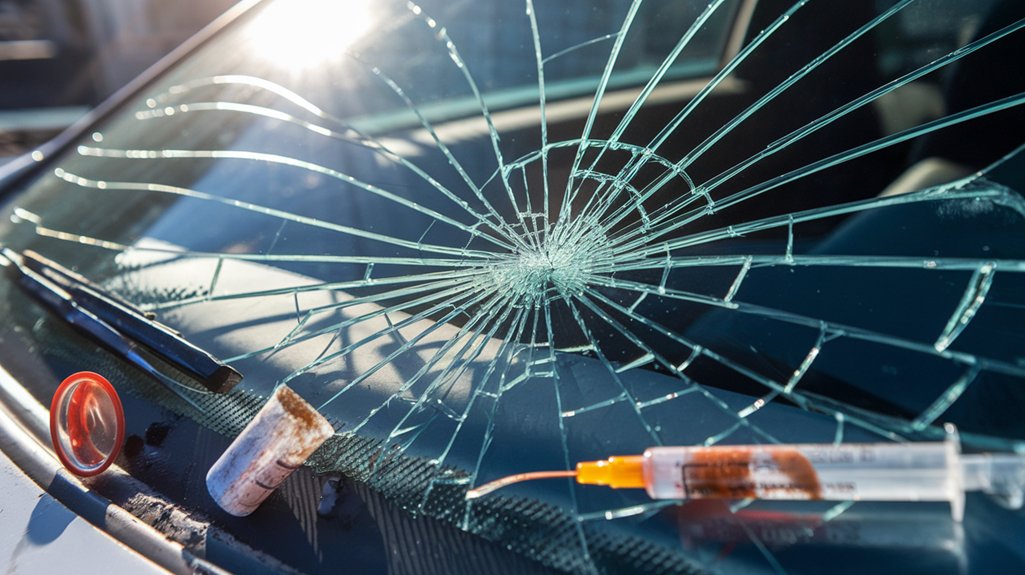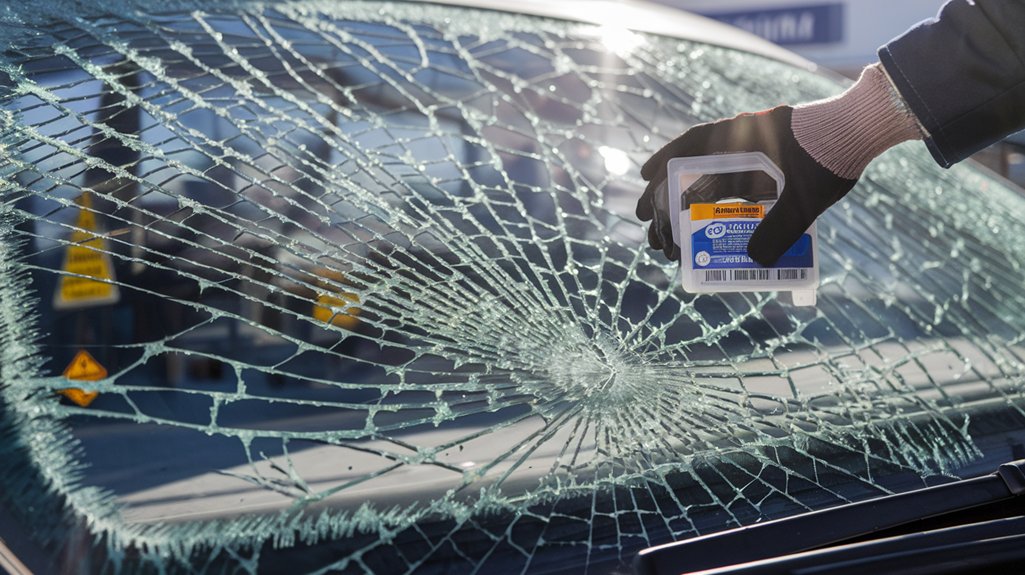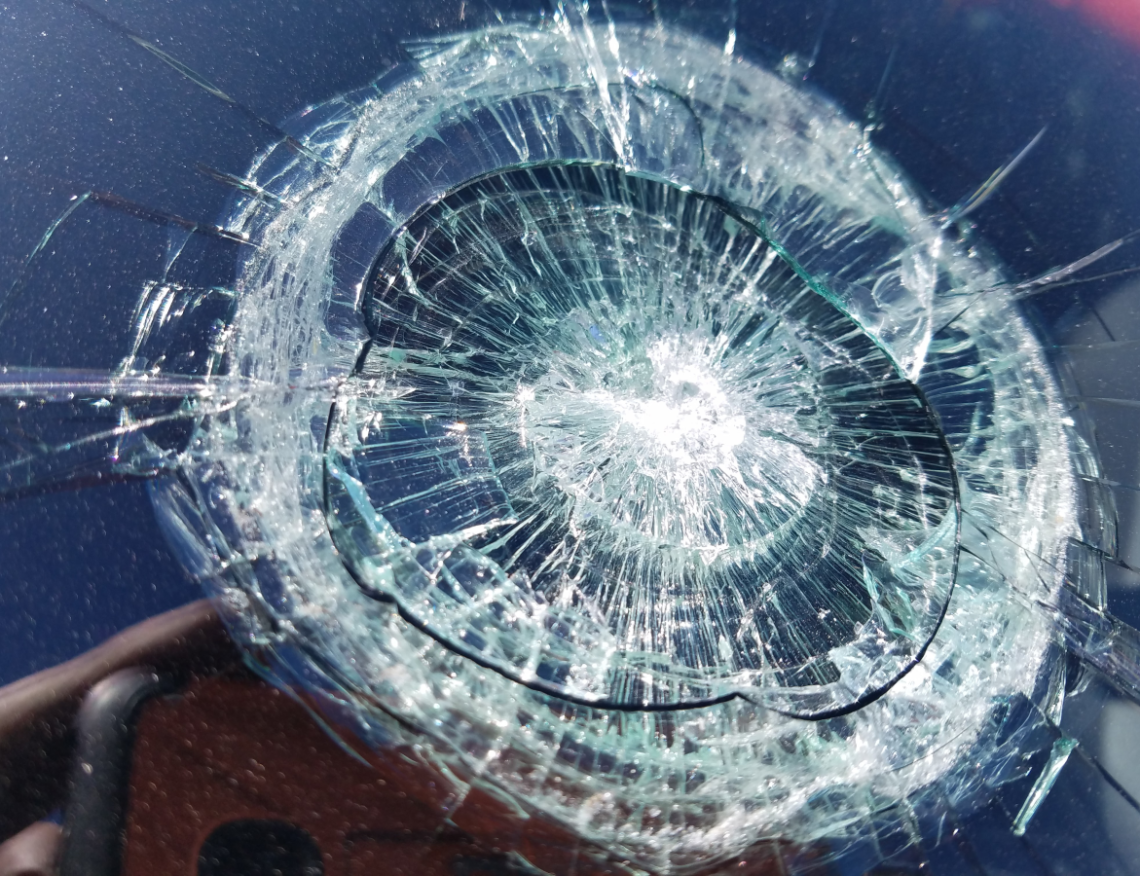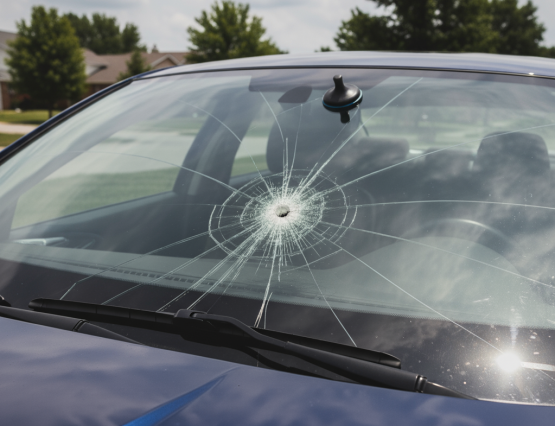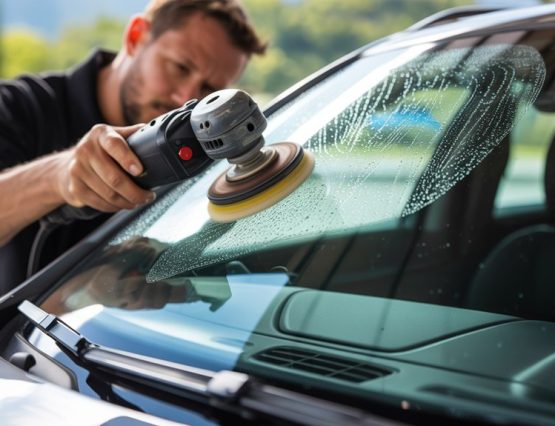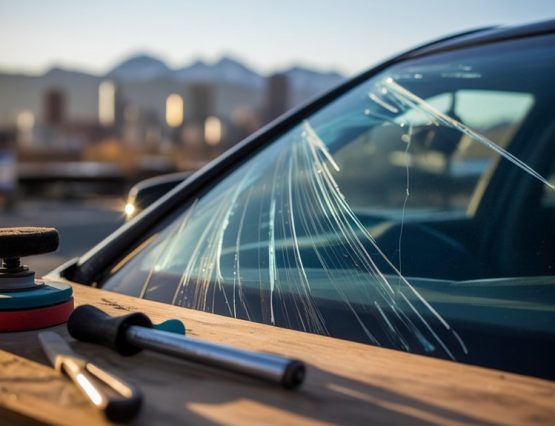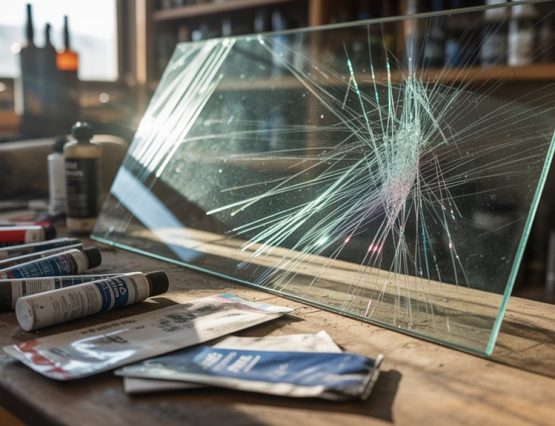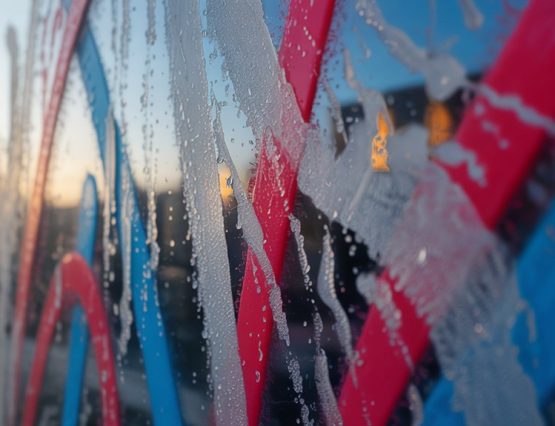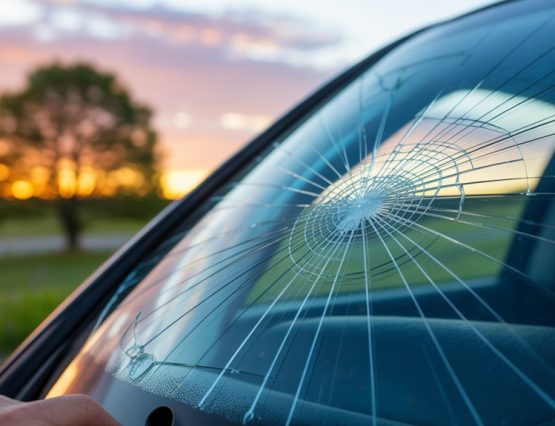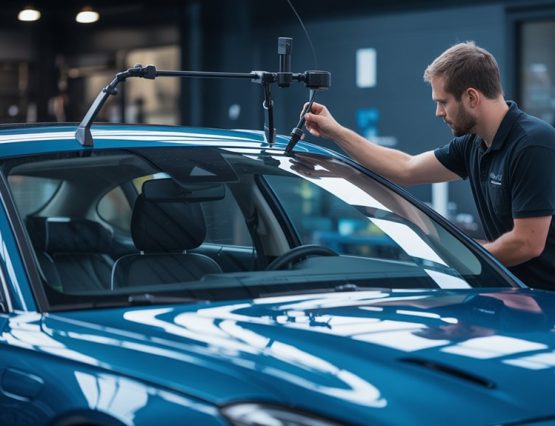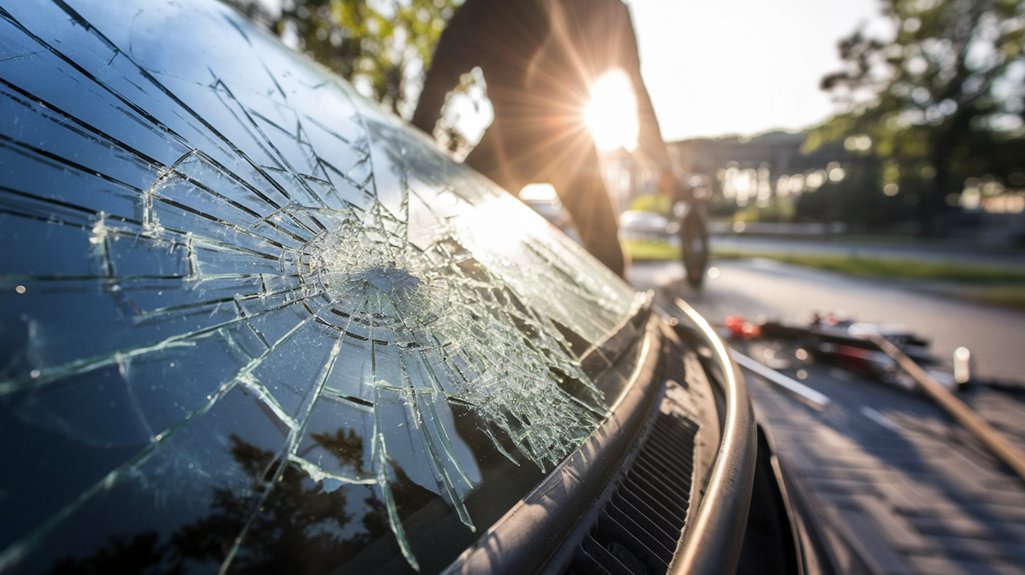
DIY auto glass repair risks are often underestimated. Many drivers believe they can save time and money by fixing cracks or chips themselves. However, DIY attempts can lead to improper sealing, reduced visibility, and even more serious safety issues. Before you pick up a repair kit, here’s what you should know about the real consequences—and why professional help is often the better option.
Key Takeaways
- DIY repairs may lead to improper sealing, leaks, and reduced visibility.
- Incorrect techniques can cause structural vulnerability and further cracks.
- Low-grade materials often fail, requiring costly rework.
- DIY work can void manufacturer warranties and insurance coverage.
- Professionals offer safe, efficient, and warranty-compliant repairs.
Safety Hazards Due to Improper Installation
Improper sealing and installation during DIY auto glass repairs can result in serious hazards like water leaks, visibility issues, and compromised impact resistance. These problems are particularly dangerous in rainy or high-speed conditions. For more information on auto glass safety, visit NHTSA’s glazing safety guide.
Risk of Further Damage
DIY fixes using incorrect adhesives or poor techniques can introduce air gaps and water intrusion. Rust and mold development may follow, causing more damage than the original issue.
Voiding Manufacturer Warranties
Many warranties require certified repairs to remain valid. Any unauthorized modifications—like a DIY fix—can void your warranty. This means future claims for glass failure may be denied.
Impact on Insurance Coverage
Insurance providers often decline claims for damage related to amateur repairs. This includes denied reimbursement and coverage gaps. Check with your provider or read more at NerdWallet’s guide to comprehensive insurance.
Lack of Professional Expertise
Professional glass technicians undergo training and use specialized tools. DIYers lack this skill set and may overlook critical flaws, increasing risk to you and your passengers.
Inadequate Tools and Materials
Retail repair kits may not meet OEM specifications. Using substandard materials or hardware store adhesives can result in weak seals and unsafe repairs.
Time and Cost Inefficiencies
What seems like a quick fix can turn into hours of frustration and ultimately a professional repair bill. Save yourself the headache by choosing A+ Auto Glass for efficient, affordable service.
Frequently Asked Questions
Can I legally perform DIY auto glass repairs in my state?
Regulations vary. Some states allow DIY repairs, but check your local vehicle code or consult AAA’s state driving laws for details.
What types of auto glass repairs can I safely attempt myself?
Small chips under the size of a coin may be manageable with a kit. However, for cracks or safety glass, always consult a pro.
What if my DIY repair fails?
If your fix doesn’t hold or worsens the problem, avoid driving and schedule a professional evaluation right away.
Do professionals recommend any DIY kits?
Brands like Rain-X and Permatex are trusted, but should only be used for cosmetic or temporary fixes.
While DIY kits offer a quick fix, the DIY auto glass repair risks are not worth the potential consequences. From safety hazards to voided warranties and insurance headaches, it’s best to trust certified technicians. Contact A+ Auto Glass for reliable, professional service that protects your vehicle and your peace of mind.

